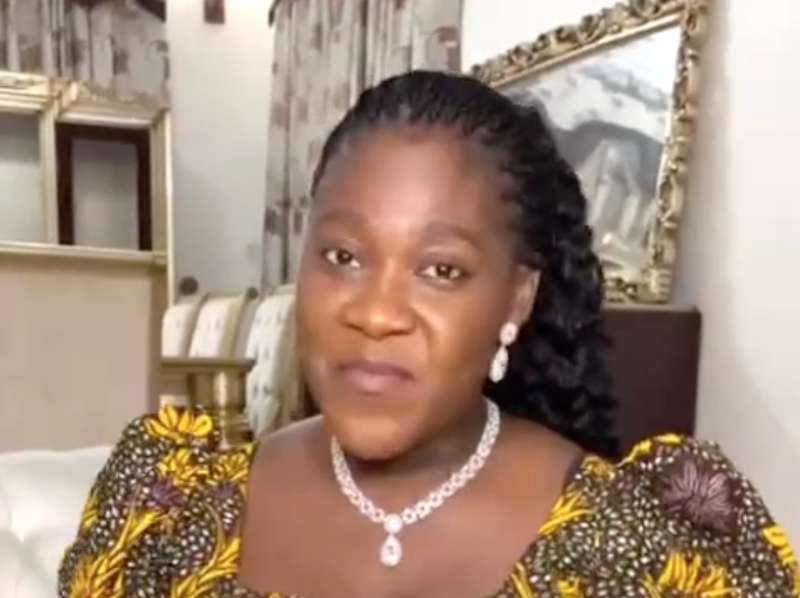I am neither a woman nor a medical doctor. But I needed to make today’s topic real, so invited my cousin, my real “paddy” and Chief Medical Director of NTA Clinic, Victoria Island, Dr. (Mrs.) Martina Agberien, to co-author today’s article with me. Breast cancer is the nemesis of women, just as prostate cancer is the nemesis of men. The only difference is that men are more prone to prostate cancer than women are prone to breast cancer. Like other cancers, they can be prevented or managed, especially if detected early. Both have damage control mechanisms. I used to be very angry when I heard that a woman had breast cancer or died of breast cancer. For some women it is just negligence or ignorance. But there is deadlier cause: wrong diagnosis and negligence by health care personnel in early identification of the likelihood of cancer. Like prostate cancer, prevention of breast cancer is better than cure.
Many factors over the course of a lifetime can cause or influence a woman’s breast cancer risks. The risk of women developing breast cancer is influenced by a range of factors and it is difficult to find a formal definition of high risk women. Women who carry mutation in BRCA1 and BRCA2, (The BRCA1 and BRCA2 proteins are key DNA-repair proteins). Their functional loss leaves some cells highly vulnerable to DNA damage, including damage that triggers cancer. Women with inactivating mutations in the BRCA1 or BRCA2 genes have very high lifetime risks of breast cancer, as well as high risks of ovarian cancer). We also have family histories of genetically transmitted breast cancer, women who have received mantle irradiation, (Mantle Radiation was a radiation technique used to treat Hodgkin Lymphoma from the 1970s to the 1990s. It is rarely used today, as chemotherapy is the preferred treatment) and women with lobular carcinoma in situ (Lobular carcinoma in situ (LCIS) is an uncommon condition in which abnormal cells form in the milk glands (lobules) in the breast. Lobular carcinoma in situ (LCIS) is not cancer, but being diagnosed with LCIS indicates that you have an increased risk of developing breast cancer). You cannot change some of these factors, such as getting older or your family history, but you can help lower your risk of breast cancer by taking care of your health. The first thing to do apart from reducing the risk factors is to do breast cancer screening.
What is breast cancer screening? Breast cancer screening means checking a woman’s breasts for cancer before there are signs or symptoms of the disease. All women need to be informed by their health care provider about the best screening options for them. There are three types of prevention. They are primary prevention. Primary prevention include avoiding becoming overweight and obesity, eating healthy, exercising, moderate consumption of alcohol if you find abstinence impossible, avoiding hormone replacement therapy. Hormone replacement therapy (HRT) is supplementing women with hormones that are lost during the menopausal transition. You should consider taking an estrogen-blocking drug as it stops the production of estrogen in those who are post-menopausal and are mainly used to treat hormone receptor-positive breast cancer. In simple words, they are also used again, with a prescription to help fight breast cancer. Avoiding smoking is also important in cancer prevention. Although African women of old smoked tobacco in pipes, it is not fashionable to see women smoking in Nigeria. Parties and clubs na different matter, sha! Breastfeeding is also a cancer prevention measure. For ladies who do not want to breastfeed your babies, it is actually advisable. What is even the big deal about your breasts sagging? Is there a bone structure in the breasts to keep them erect forever?
Breastfeeding is also a cancer prevention measure. For ladies who do not want to breastfeed your babies to stem your breasts from sagging, breastfeeding is actually advisable. What is even the big deal about your breasts sagging? Is there a bone structure in the breasts to keep them erect forever? Breast-feeding is not the only reason women’s breasts sag. My wife did baby friendly for our five children for six months and continued breastfeeding thereafter. The breasts are not what they were when we got married, but they are still firm enough to hold me spellbound. Meanwhile a friend confided in me that he stopped womanising because the breasts of all the girls he befriended were “flatter” than his wife’s, a mother of four children, and she was also “fresher.” Many other factors cause breasts to sag, not breastfeeding only, so breastfeed your babies as long as possible. Mother’s breast milk is the healthiest food for the first six months of children’s lives. By the way, apart from your husband, who else is supposed to know that your breasts have sagged? In those days when breasts were properly packaged and hidden away, no one, apart from your husband, knew the state of your breasts. It is only in this modern age that some women openly flaunt their “slippers” that the state of women’s breasts is now public knowledge.
Secondary prevention of breast cancer is the identification and treatment of premalignant or subclinical cancers. This includes regular self-examination of your breasts. The best time to do a monthly breast self-exam is about three to five days after your period starts. Do it at the same time every month. Your breasts are not as tender or lumpy at this time in your monthly cycle. If you have gone through menopause, do your exam on the same day every month.
Screening by means of mammography is another typical example of secondary prevention. A mammogram is an X-ray picture of the breast. Doctors use a mammogram to look for early signs of breast cancer. Regular mammograms are the best tests doctors have to find breast cancer early. Women who are at average risk for breast cancer should start mammogram screening at age 40 ( women with family history can start earlier) and get one every two years until age 74 years. That’s the latest updated recommendation from the U.S. Preventive Services Task Force (USPSTF),
Finally, we have Tertiary Prevention. This is managing disease post diagnosis. Tertiary prevention is defined as symptoms control and rehabilitation. This prevention stage is the most important and critical stage. This is the treatment professional stage when a patient is going through the treatment of breast cancer or any other disease. This stage is used to help the patients and their caregivers to deal with the disease. Managing the disease and treatment of it is one of the crucial stages. This management includes behaviors, habits, depression management, etc. Supporting campaigns and people who help others to get back in their routine life after passing through serious diseases like cancer. Vocational training is usually given to the patients after diagnosis to support them and enable them work with people that have jobs so they can fend for themselves as they use to before the toll of the disease gets them down
Let us conclude with mastectomy. A mastectomy is surgery to remove one or both breasts. Sometimes other tissues near the breast, such as lymph nodes, are also removed. This surgery is most often used to treat breast cancer. In some cases, a mastectomy is done to help prevent breast cancer in women who have a high risk for it. A good example is Angelina Jolie, the famous Hollywood Actress. When it comes to mastectomy, some women dilly-dally while others are very “brutal” (take prompt action). A couple of women were diagnosed with malignant lumps in their breasts. The lumps were removed, but other malignant lumps were diagnosed thereafter. A mastectomy could have put a stop to the vicious cycle, but they could not imagine life without breasts. Cancer came back with fury and they both died.
For me as a man, breasts are like the icing on the cake. Icing only makes the cake more beautiful. The real deal is still the cake which is the vagina. Once the “cake” is there, I don’t bloody care about the absence of “icing.” How many men even want to suck a cancerous breast even though cancer is not contagious? If you die, your husband will remarry after a while. Women, get sense! Chop the damn cancerous breasts off and live. The women who did are still alive. One of the women, as Spyro sang, is still rice and beans, with the husband, but beans and dodo, for me. The meaning is that they remain inseparable, absence of breasts notwithstanding. Be brutal like Angelina Jolie.

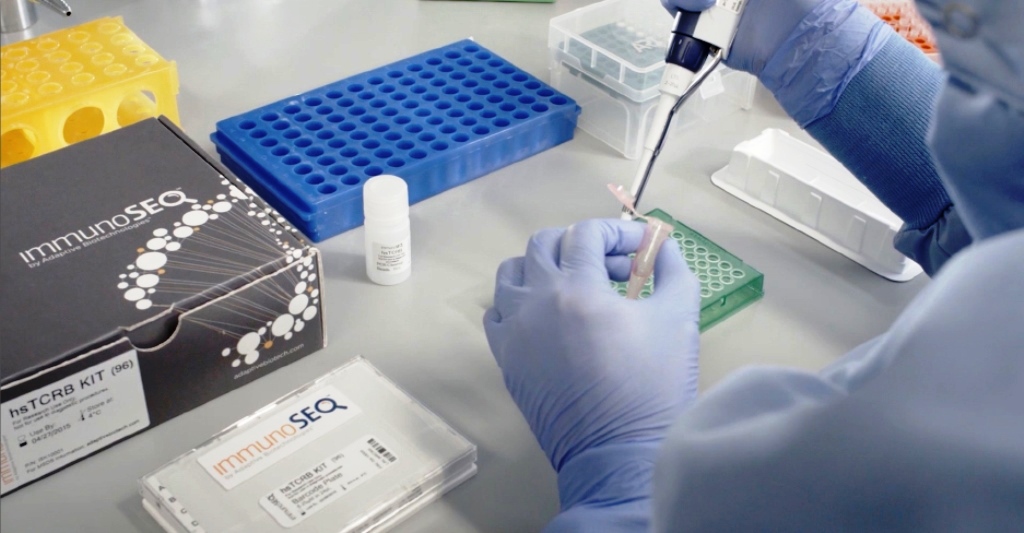

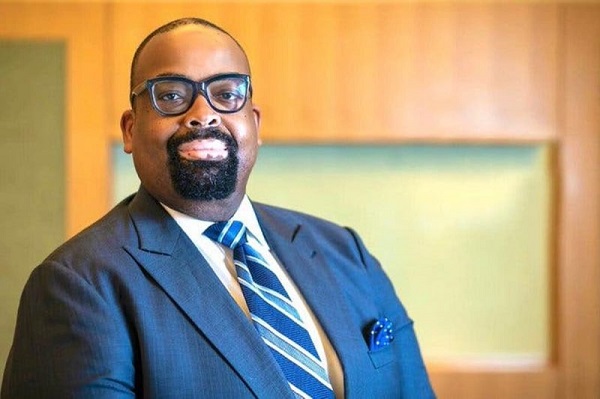
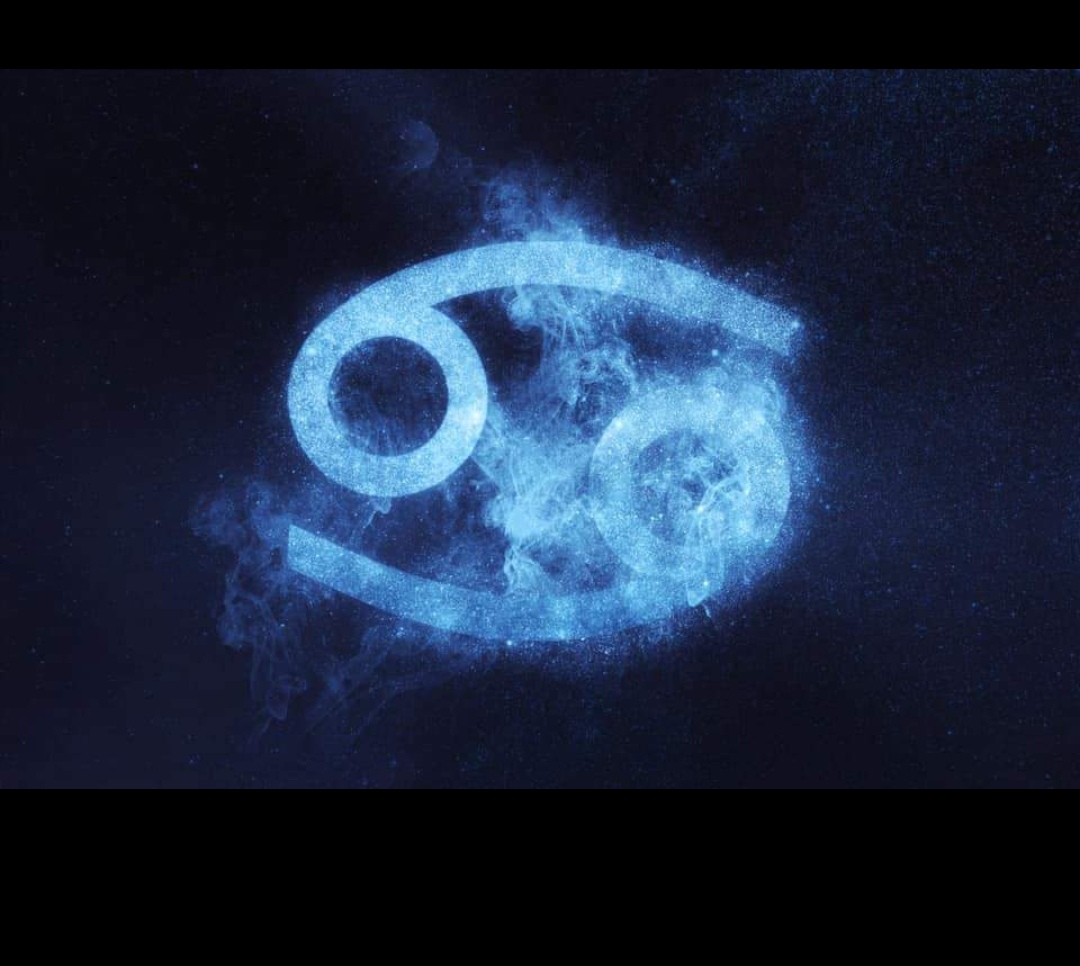
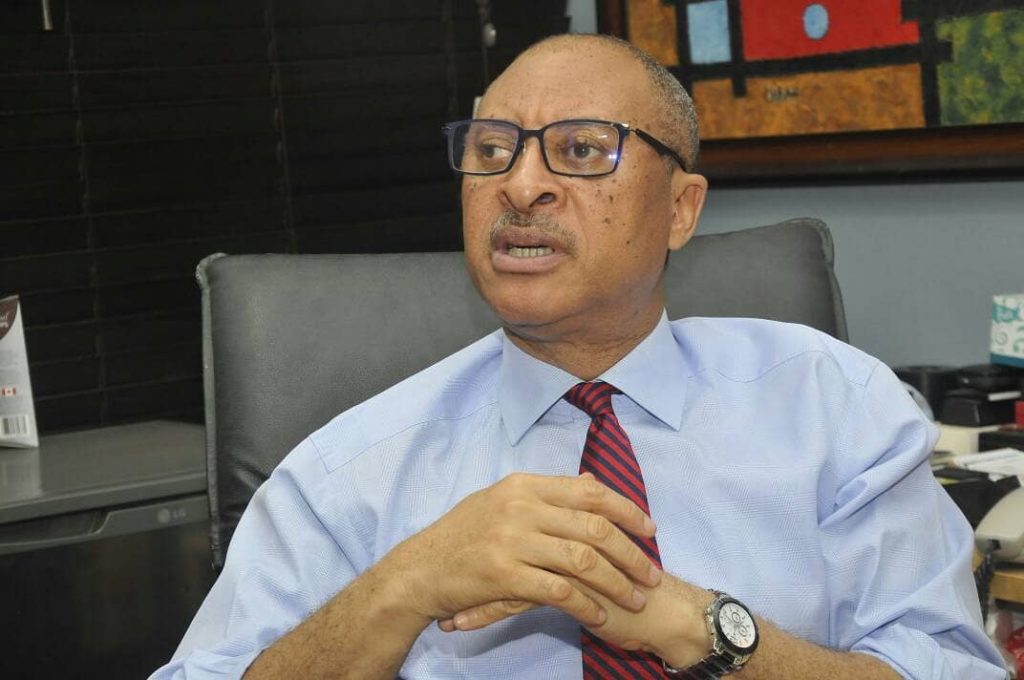
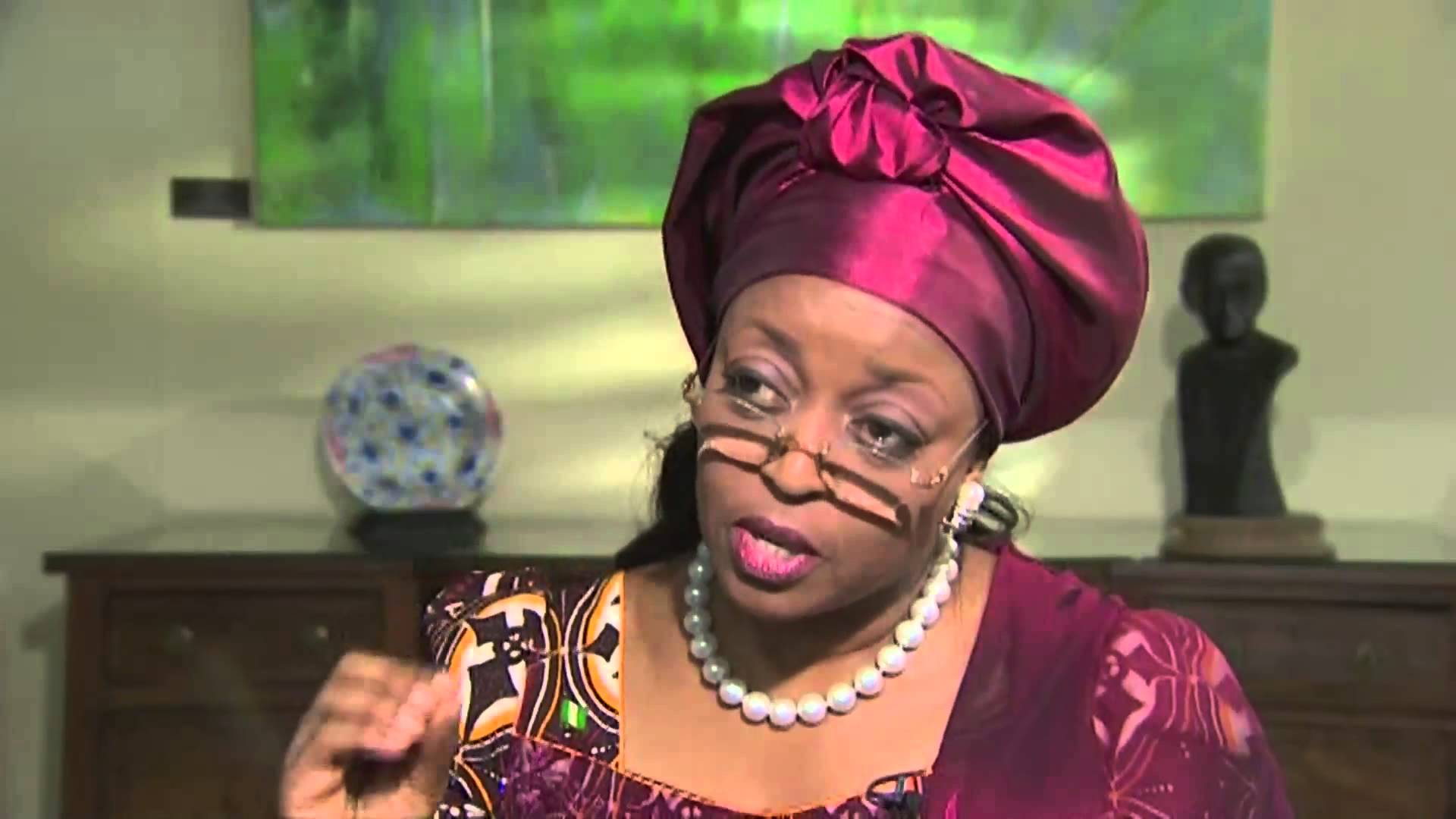
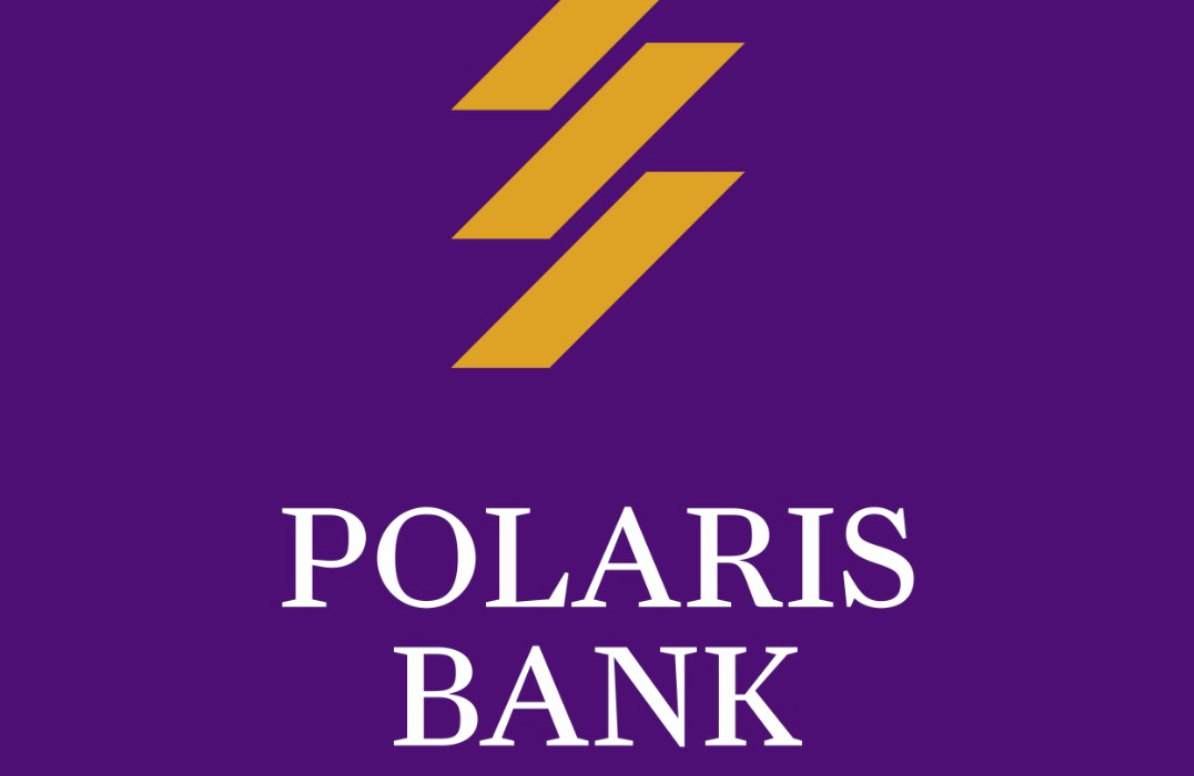


 Recall that the singer had acknowledged that staying away from having a second baby mother was a key factor in his decision to get married.
Recall that the singer had acknowledged that staying away from having a second baby mother was a key factor in his decision to get married.